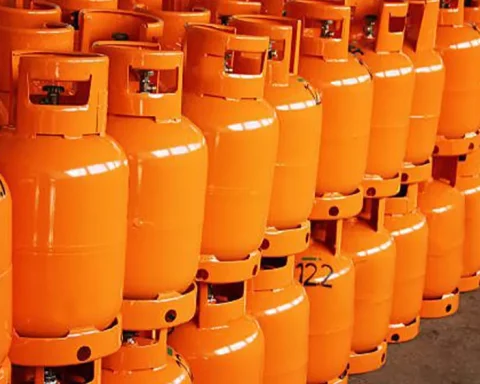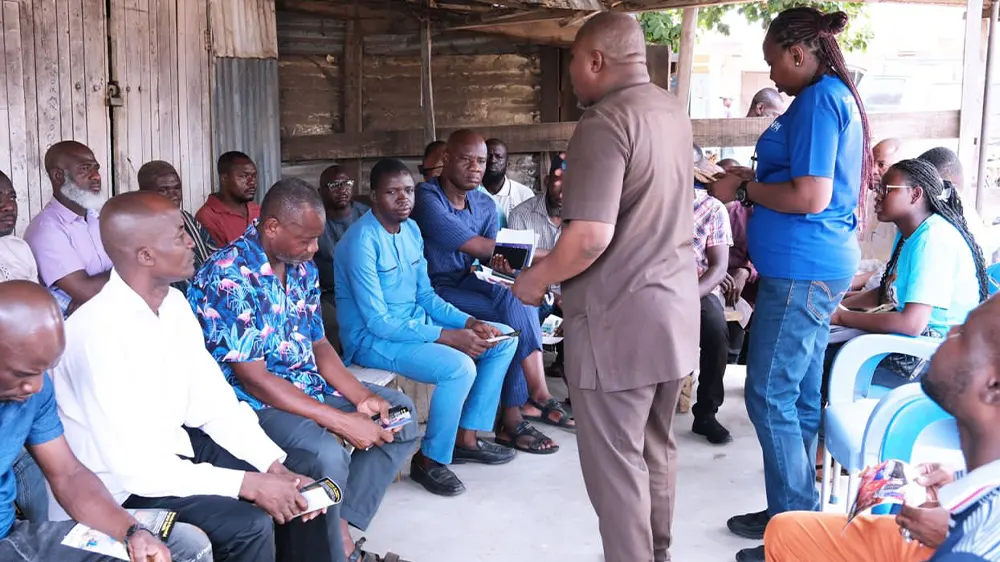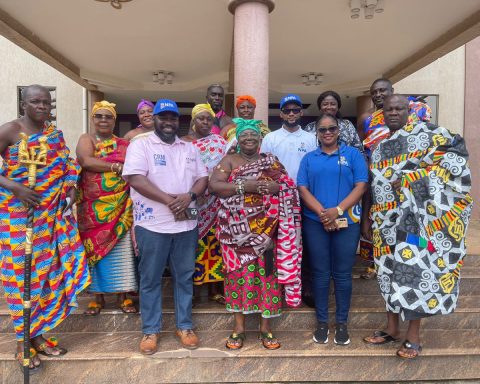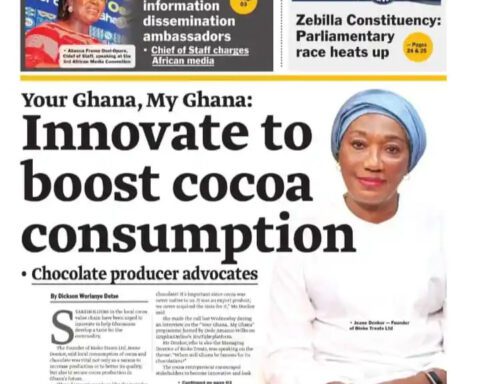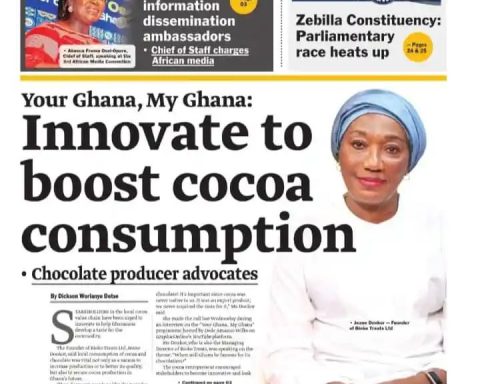The Petroleum Commission, the regulatory body overseeing Ghana's petroleum industry, has disclosed that a total of 3,759 Ghanaians are currently working in the Upstream Petroleum Sector, out of a workforce of 4,147, with 388 expatriates.
This figure comprises 3,088 males and 671 females, possessing diverse technical expertise such as engineering, welding and fabrication, production operations, mechanics, and instrumentation.
Madam Sarah Quayson Danquah, Acting Director in charge of Localisation at the Petroleum Commission, made this announcement during the 2023 Upstream Job Role Localisation Conference held in Accra.
The conference, themed “Utilising Trained Ghanaian Technicians to Achieve Job Role Localisation in the Upstream Petroleum Sector,” brought together policymakers, industry leaders, international oil and gas companies, and service providers to discuss the proposed Upstream Human Resource Localisation Policy and strategies for enhancing the skills and competencies of Ghanaians in the sector.
Highlighting the government's commitment to job role localisation, Dr Matthew Opoku Prempeh, the Minister of Energy, stated that it was unacceptable for expatriates to dominate technical and managerial positions in the petroleum sector.
He stressed that the government had provided substantial support to the Petroleum Commission for capacity-building initiatives, including the Accelerated Oil and Gas Capacity Building Programme launched in 2017.
The goal of these efforts is to ensure that Ghanaians actively participate in and benefit from the country's oil and gas resources.
During the conference, discussions focused on addressing challenges related to job role localisation, such as limited training and skill development opportunities for locals, salary disparities between Ghanaians and expatriates, and the reluctance of some international oil and joint venture companies to employ Ghanaians.
The Petroleum Commission's initiatives include sponsoring technicians for technical expertise enhancement programs and sending instructors to Canada and Singapore for training.
Mr Egbert Faibille Junior, CEO of the Petroleum Commission, stressed the importance of building the capacity and competencies of the workforce to drive Ghana's development goals.
He urged academic institutions offering petroleum sector training to meet international standards, enabling graduates to work efficiently in the global oil and gas industry.
The Upstream Job Role Localisation Conference aimed to generate recommendations that would inform policies and strategies for transforming capacity-building efforts in the Upstream Petroleum Sector, ensuring greater participation of Ghanaians and reducing reliance on expatriates.



